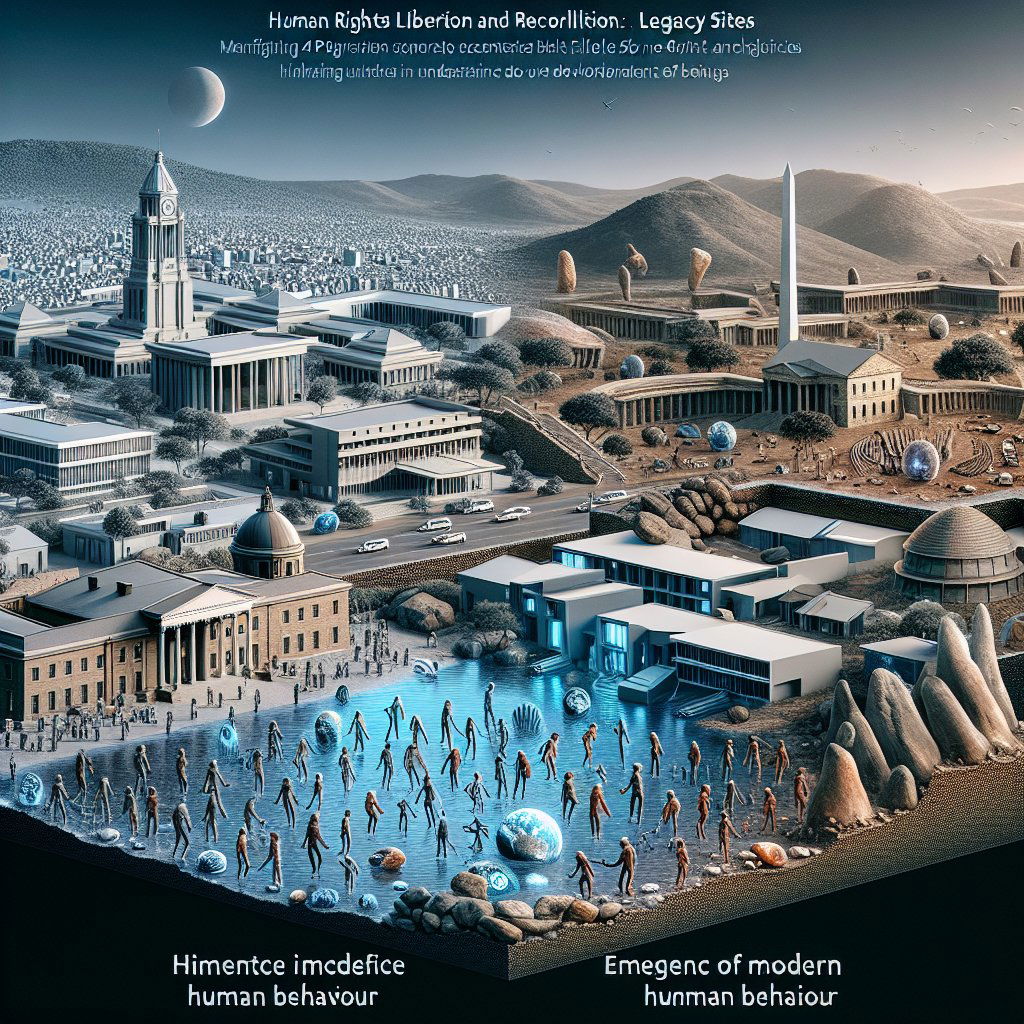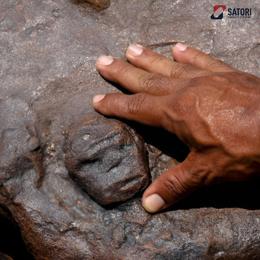Image created by AI
South Africa's Landmark Sites Inscribed on UNESCO World Heritage List
The South African government has officially expressed elation as the 46th session of the World Heritage Committee endorsed the nation's two heritage sites for inclusion in the esteemed World Heritage Listing. This recognition places the Human Rights Liberation and Reconciliation: Nelson Mandela Legacy Sites (HRLR:NMLS) and the Pleistocene Occupation Sites of South Africa on an international pedestal alongside other global treasures, reflecting the country's rich historical and cultural tapestry.
The Nelson Mandela Legacy Sites serve as the vanguard of the African Liberation Heritage Programme, initiated by the 2011 African Union Assembly. These sites are a testament not only to the storied struggle for liberation in South Africa but also to the enduring spirit of reconciliation championed by the late Nelson Mandela. Consisting of 14 components scattered across four provinces and seven municipalities, the serial property includes landmarks such as the Union Buildings, Constitution Hill, and Liliesleaf. Valued for their Outstanding Universal Value, these monuments stand as universal symbols of human rights and democratic ethos.
In a parallel vein, the Committee has also endorsed the Emergence of Modern Human Behaviour: Pleistocene Occupation Sites of South Africa, which underscores the evolution of modern human behaviour through its examination of Middle Stone Age archaeological sites. The recognized sites – Diepkloof Rock Shelter, Pinnacle Point, and Sibudu Cave – are critical to understanding the development of human beings and contribute significantly to the global narrative of our early ancestors.
Ms. Nomonde Mnuka, Acting Director-General of the Government Communication and Information System (GCIS), articulated the country's gratitude for the acknowledgment of these sites on the UNESCO list. Commending the coordinated efforts of the South African team, which encompassed numerous government departments, Mnuka underscored the magnitude of this achievement and the heavy responsibility it brings. She called upon all sectors of government, South African citizens, and relevant stakeholders to pledge their support in the stewardship of these sites so they may be preserved for posterity.
This investment in heritage sites signals South Africa's commitment to honoring its past while shaping its identity within the global community. The acceptance of these sites on the World Heritage Listing not only means protection but also an opportunity to educate and inspire both the current generation and those to come with stories of human rights progress and ancient human history.




